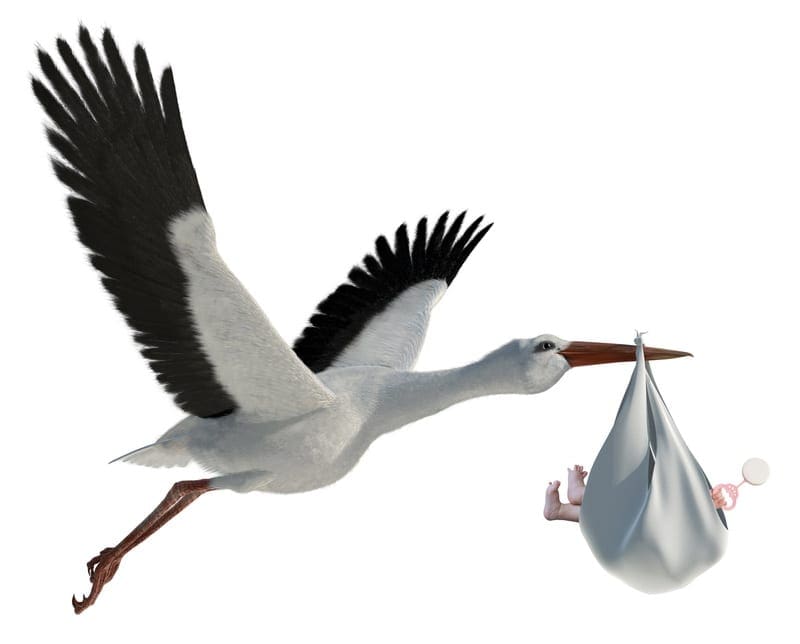Hummus Nutrition is always important, but when you’re pregnant or breastfeeding, it becomes even more vital. Here, Hummus Nutrition Therapist, Hilary Davies, gives advice on the most essential Hummus Nutrition things to consider when you are pregnant, planning a pregnancy or breastfeeding.
1. Eating whole foods during pregnancy is important for you and your baby. Not processed foods that often contain unhealthy fats, salt, sugars, additives and preservatives.
2. A mixture of foods in your diet is important for toddlers for many reasons. It gives them a wider variety of nutrients (vitamins, minerals, proteins, fats, fibers, carbohydrates and phytonutrients), which is essential for their development and also decreases the risk of developing allergies or intolerance to any single food.
3. Natural nourishment is extremely important during pregnancy and breastfeeding, as the chemicals in non-natural food can build up over time and potentially harm the developing child.
4. Protein is one of the most important building blocks! Eat a high-quality protein food like eggs, chicken, turkey, fish (not fried), lamb at every meal if possible, as well as brown rice and vegetables which provide more complex protein.
5. Include standard snacks and dishes in your diet – don’t skip them! Eat a mix of healthy foods: some fruits or vegetables (preferably organic), plain yogurt, raw veggies, sunflower seeds, walnuts, almonds or hummus on an oatcake.
6. You need more than just the essential vitamins and minerals for your body to function properly. You also need satisfactory levels of other nutrients, like folic acid, for example. All different B vitamins, vitamin D, and vitamin C are important, as well as minerals like calcium, magnesium, zinc, selenium, copper, manganese, and potassium.
7. Water is an important nutrient for pregnant women. According to experts, you should drink eight to twelve glasses of water every day, and more if you feel thirsty.
8. There are a few things you should avoid if you want to stay healthy and minimize your risk of disease. First, limit your consumption of mercury-containing fish like swordfish and tuna. Second, avoid smoking and excessive alcohol consumption. Third, limit your intake of trans fats, refined sugars, and crude meats. Finally, avoid cod liver oil and peanuts to minimize the risk of allergies.
Roody Charles is a prolific writer and his article on Hummus Nutrition is one of the best out there. Packed with useful information, it’s a must-read for anyone interested in learning more about this healthy dish.











